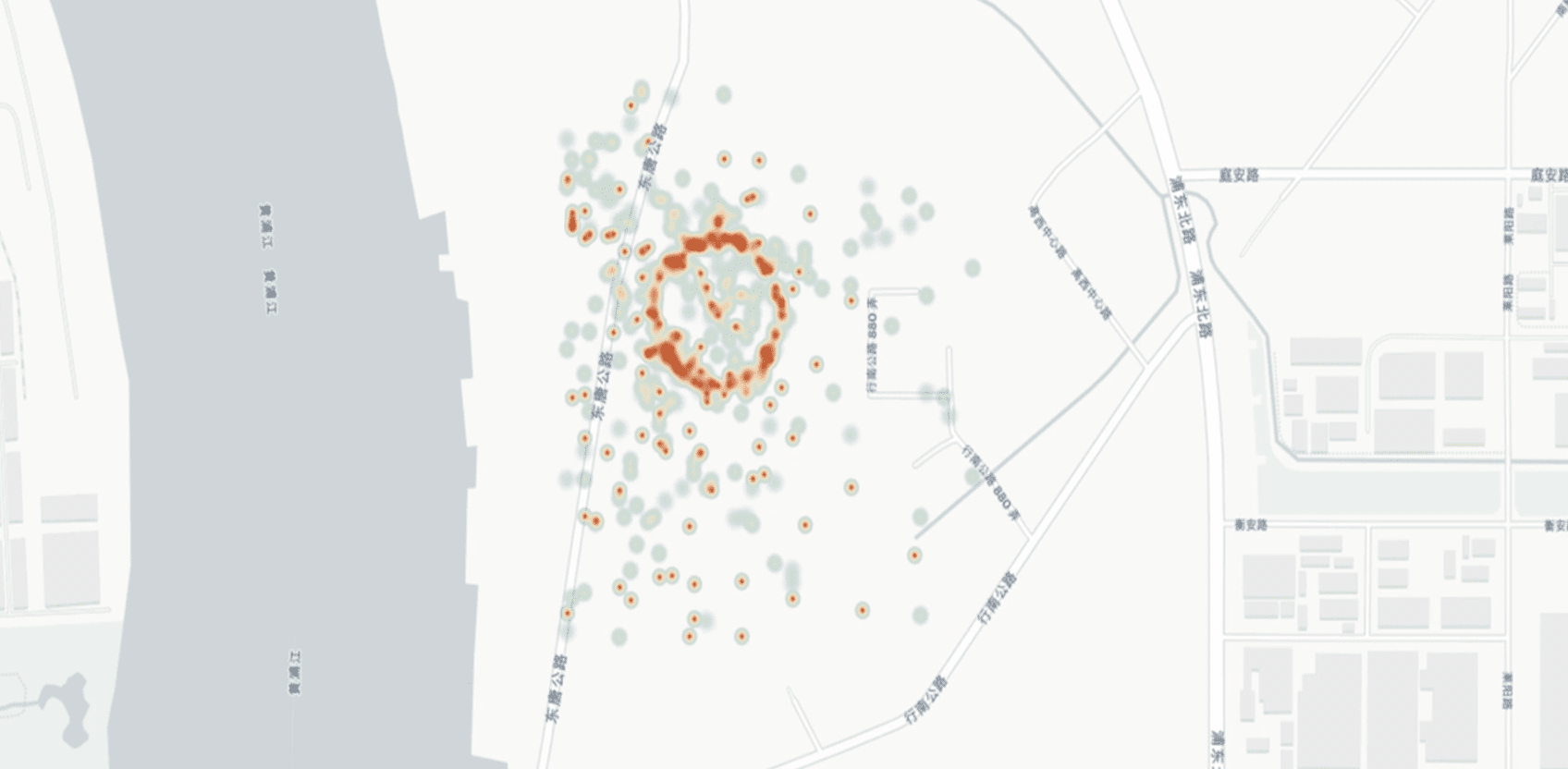The Download: carbon removal concerns, and Yahoo’s China controversy
This is today’s edition of The Download, our weekday newsletter that provides a daily dose of what’s going on in the world of technology.
Two former Department of Energy staffers warn we’re doing carbon removal all wrong
The carbon removal industry is just starting to take off, but some experts are warning that it’s already headed in the wrong direction.
Two former staffers of the US agency responsible for advancing the technology argue that the profit-driven industry’s focus on cleaning up corporate emissions will come at the expense of helping to pull the planet back from dangerous levels of warming.
They warn that carbon dioxide removal isn’t a product that any person or company “needs,” in the traditional market sense. Rather, it provides a collective societal good, in the way that waste management does, only with larger global stakes. Read the full story.
—James Temple
Yahoo’s decades-long China controversy and the responsibility of tech companies
Back in the early 2000s, Yahoo was operating a popular search engine and email service in China, and it was one of the first tech companies to be found sharing user information with the Chinese government, leading to the imprisonment of a number of Chinese citizens.
The ensuing attention and subsequent lawsuit against Yahoo from the families of two political prisoners landed a big blow against the company. But the consequences of the company’s actions are still very much felt today—and we’re still learning about how Yahoo failed to help the very cyber dissidents it was supposed to be protecting. Read the full story.
—Zeyi Yang
This story is from China Report, our weekly newsletter following technology in China. Sign up to receive it in your inbox every Tuesday.
The must-reads
I’ve combed the internet to find you today’s most fun/important/scary/fascinating stories about technology.
1 The COP28 summit has agreed to transition away from fossil fuels
But not all countries are happy about the wording of the deal. (BBC)
+ 2023 has been awful for the climate. What does 2024 hold? (New Yorker $)
2 Welcome to crypto utopia
Dryden Brown is fundraising to build a new crypto city. But does anybody need it? (NYT $)
+ Crypto hackers stole more than $1 billion this year. (Bloomberg $)
+ Crypto millionaires are pouring money into Central America to build their own cities. (MIT Technology Review)
3 Blue Origin is aiming to launch a rocket next week
After being grounded for more than 15 months due to engine issues. (TechCrunch)
+ SpaceX is the world’s second-most valuable startup. (Bloomberg $)
4 The ban TikTok movement is losing momentum
It’s almost like it never made sense in the first place. (WP $)
5 Microsoft is betting on nuclear power to run its AI operations
In turn, it plans to use AI to streamline nuclear regulatory approval. (WSJ $)
+ To avoid AI doom, learn from nuclear safety. (MIT Technology Review)
6 Twitter’s staff used to think they were making the world a better place
In hindsight, they’re not so sure. (The Verge)
7 Anti-drink drinking technology is coming to your new car
US auto-safety regulators want to force carmarkers to integrate it into new vehicles from next year. (The Guardian)
+ We need new ethics experiments for self-driving cars. (IEEE Spectrum)
8 Anxiety is content now
But our online mental health conversations aren’t always helpful or constructive. (The Atlantic $)
+ The therapists using AI to make therapy better. (MIT Technology Review)
9 Resy’s version of Spotify Wrapped was a total flop
Restaurant reservations aren’t that interesting, unfortunately. (Insider $)
10 Netflix will finally tell us what the world’s been watching 
Its lack of transparency was heavily criticized during the writers’ strikes. (FT $)
+ The number one show? The Night Agent. (Bloomberg $)
+ How to prevent your smart TV from tracking your habits. (The Markup)
Quote of the day
“Fossils is not the future.”
—Dan Jørgensen, a Danish minister, is optimistic that COP28’s climate agreement will force oil companies to change, he tells the Financial Times.
The big story
House-flipping algorithms are coming to your neighborhood



When Michael Maxson found his dream home in Nevada, it was not owned by a person but by a tech company, Zillow. When he went to take a look at the property, however, he discovered it damaged by a huge water leak. Despite offering to handle the costly repairs himself, Maxson discovered that the house had already been sold to another family, at the same price he had offered.
During this time, Zillow lost more than $420 million in three months of erratic house buying and unprofitable sales, leading analysts to question whether the entire tech-driven model is really viable. For the rest of us, a bigger question remains: Does the arrival of Silicon Valley tech point to a better future for housing or an industry disruption to fear? Read the full story.
—Matthew Ponsford
We can still have nice things
A place for comfort, fun and distraction in these weird times. (Got any ideas? Drop me a line or tweet ’em at me.)
+ Buckle up dinosaur fans: we may have discovered an entirely new one in the cliffs of Dorset.
+ Play your favorite song forever and ever using this eternal jukebox app.
+ The different ways we perceive the world is absolutely fascinating.
+ It’s time to brush up on the best singles of the past year.
+ Try to relax: cooking over the holidays doesn’t have to be stressful (but it probably is)





















